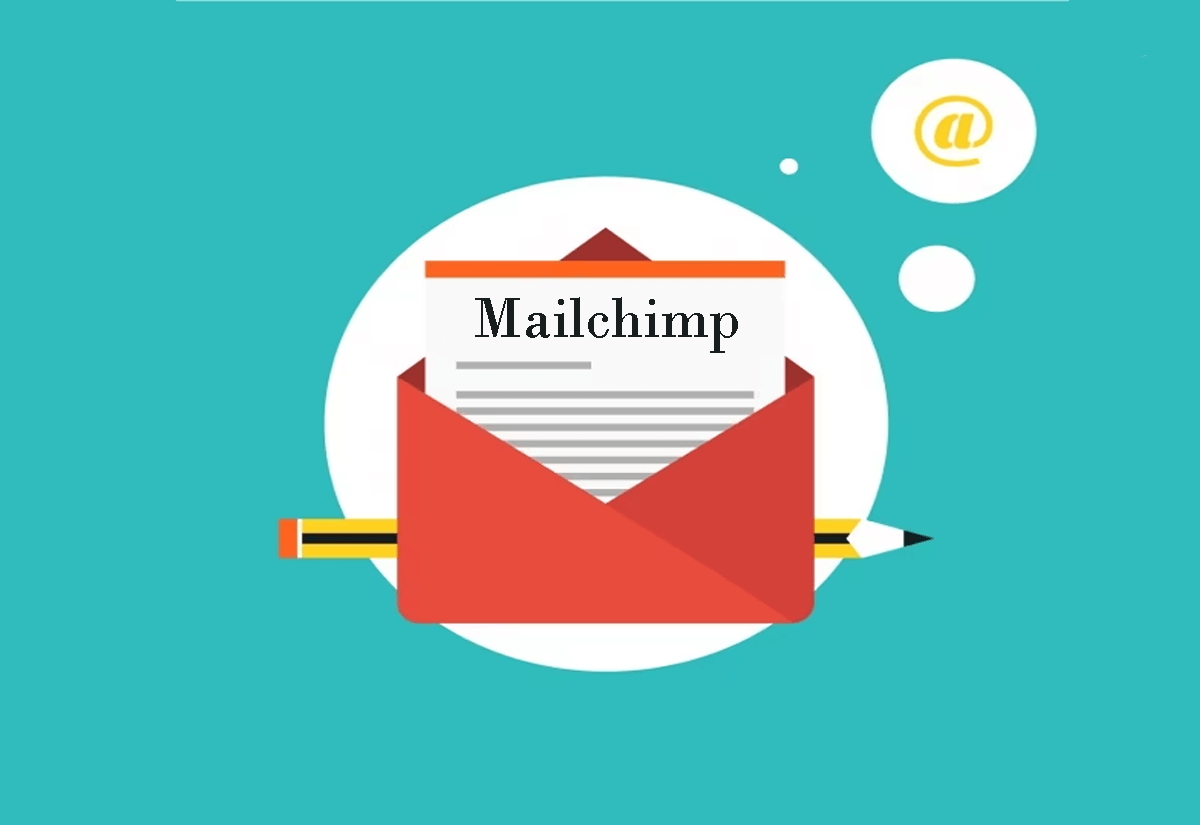What's Inside?
Mailchimp is a web-based email marketing service that allows businesses and individuals to create, send, and track email campaigns. The platform also offers automation and analytics features to help users improve the effectiveness of their email campaigns.
Features of Mailchimp
Mailchimp is a popular email marketing platform that offers a range of features to help businesses build and manage email campaigns. Some of the key features of Mailchimp include:
- Email templates: Mailchimp offers a range of pre-designed email templates that businesses can use to create professional-looking email campaigns. These templates are customizable, allowing businesses to add their own branding and messaging.
- Campaign management: Mailchimp allows businesses to create, manage, and track email campaigns from a single platform. Businesses can schedule campaigns, set up automated workflows, and track performance metrics such as open rates, click-through rates, and more.
- Contact management: Mailchimp offers a range of tools to help businesses manage their email lists, including segmentation tools that allow businesses to target specific groups of subscribers with tailored messaging.
- Automation: Mailchimp offers a range of automation tools that can help businesses streamline their email marketing workflows. For example, businesses can set up welcome emails, abandoned cart emails, and other automated campaigns that trigger based on specific actions or events.
- Integrations: Mailchimp integrates with a range of other marketing tools and platforms, including social media platforms, e-commerce platforms, and more.
Integrations with Mailchimp
 Integrations refer to the ability to connect different software applications and tools to work together seamlessly. Mailchimp is a popular email marketing platform that offers a wide range of integrations to help businesses streamline their marketing efforts and manage their customer data more efficiently. Here are some common integrations that Mailchimp offers:
Integrations refer to the ability to connect different software applications and tools to work together seamlessly. Mailchimp is a popular email marketing platform that offers a wide range of integrations to help businesses streamline their marketing efforts and manage their customer data more efficiently. Here are some common integrations that Mailchimp offers:
- E-commerce integrations: Mailchimp offers integrations with popular e-commerce platforms such as Shopify, WooCommerce, and Magento, allowing businesses to seamlessly connect their online store to their Mailchimp account. This integration enables businesses to automatically sync their customer data, product information, and order history with their Mailchimp account, which can be used to create targeted email campaigns and automations.
- Social media integrations: Mailchimp offers integrations with popular social media platforms such as Facebook, Instagram, and Twitter. This integration enables businesses to connect their social media accounts to their Mailchimp account and create targeted ad campaigns based on their Mailchimp audience data.
- CRM integrations: Mailchimp offers integrations with popular customer relationship management (CRM) tools such as Salesforce, Hubspot, and Zoho CRM. This integration allows businesses to automatically sync their customer data between their CRM and Mailchimp account, enabling them to create targeted email campaigns and automations based on their customer data.
- Lead generation integrations: Mailchimp offers integrations with lead generation tools such as OptinMonster, Sumo, and Leadpages. This integration enables businesses to capture leads from their website or landing page and automatically add them to their Mailchimp account.
- Analytics integrations: Mailchimp offers integrations with popular analytics tools such as Google Analytics, allowing businesses to track the performance of their email campaigns and website traffic in one place.
Mailchimp Analytics
Mailchimp Analytics is a set of tools that allows users to measure and analyze the performance of their email marketing campaigns. These tools provide insights into a range of metrics, such as open rates, click-through rates, conversion rates, subscriber engagement, and more.
Mailchimp Analytics includes a variety of features, including:
- Campaign Reports: This feature provides a summary of each email campaign’s performance, including open rates, click rates, bounce rates, unsubscribes, and more. Users can view the performance of each campaign and compare it to previous campaigns to identify trends.
- List Reports: This feature provides a detailed analysis of subscriber engagement with email campaigns. Users can see how many subscribers opened emails, clicked on links, and shared content on social media.
- Revenue Reports: This feature allows users to track the revenue generated by their email campaigns. Users can view the total revenue generated by each campaign, as well as revenue per subscriber, product, or category.
- E-commerce Reports: This feature is designed for users who sell products online. It provides detailed analytics on product sales, revenue, and order history.
- Social Media Reports: This feature allows users to track the performance of their social media campaigns, including engagement rates, followers, and shares.
FAQs
1. How much does Mailchimp cost?
Mailchimp offers a range of pricing plans, starting with a free plan that allows users to send up to 10,000 emails per month to up to 2,000 subscribers. Paid plans start at $9.99 per month for up to 500 subscribers and increase in price based on the number of subscribers and features included.
2. What types of email campaigns can be created in Mailchimp?
Mailchimp offers a variety of email campaign types, including regular campaigns, A/B testing campaigns, automated campaigns, and more. Users can also create landing pages and social media ads within the platform.
3. Is Mailchimp easy to use?
Mailchimp is designed to be user-friendly and intuitive. The platform offers a drag-and-drop email builder, pre-built templates, and a variety of automation workflows to simplify the email creation and distribution process.
4. What is Mailchimp’s automation feature?
Mailchimp’s automation feature allows users to create automated email campaigns triggered by specific events or actions, such as a subscriber joining a list or making a purchase. This can help businesses deliver timely and relevant messages to their audience without the need for manual intervention.
5. What is A/B testing in Mailchimp?
A/B testing in Mailchimp allows users to create two variations of an email campaign and test them against each other to see which performs better. Users can test different subject lines, content, send times, and more to determine which elements resonate best with their audience.
6. What is audience segmentation in Mailchimp?
Audience segmentation in Mailchimp allows users to create targeted email campaigns for specific groups of subscribers based on their behavior, interests, and demographics. This can help businesses deliver more personalized and relevant messages to their audience, leading to higher engagement and conversion rates.
7. What e-commerce platforms does Mailchimp integrate with?
Mailchimp integrates with a variety of e-commerce platforms, including Shopify, Magento, WooCommerce, and more. These integrations allow businesses to sync customer and purchase data with their Mailchimp account and create targeted email campaigns based on this information.
8. Does Mailchimp integrate with social media platforms?
Yes, Mailchimp integrates with a variety of social media platforms, including Facebook, Instagram, and Twitter. Users can create social media ads within the platform and track the performance of these ads alongside their email campaigns.
9. What other integrations does Mailchimp offer?
Mailchimp offers integrations with a range of marketing tools and platforms, including CRMs, landing page builders, analytics tools, and more. These integrations can help businesses streamline their marketing efforts and improve their overall marketing strategy.
10. How do I access Mailchimp Analytics?
To access Mailchimp Analytics, log in to your Mailchimp account, select the “Reports” tab, and choose the report you want to view.
11. What metrics can I track with Mailchimp Analytics?
Mailchimp Analytics allows you to track a range of metrics, including open rates, click-through rates, conversion rates, subscriber engagement, revenue, and more.
12. Can I compare the performance of different email campaigns?
Yes, Mailchimp Analytics allows you to compare the performance of different email campaigns, so you can identify trends and improve your campaigns over time.
13. Does Mailchimp Analytics provide real-time data?
Yes, Mailchimp Analytics provides real-time data, so you can see how your campaigns are performing in real-time and make adjustments as needed.
14. Is Mailchimp Analytics available on mobile devices?
Yes, Mailchimp Analytics is available on mobile devices, so you can access your analytics from anywhere.


